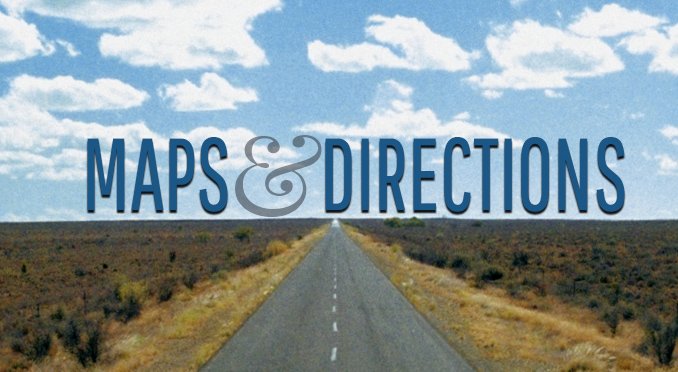
Special Days and Holidays
After you’ve lost a loved one, some days and holidays will be harder than others. It is important to acknowledge these days and allow yourself to remember your loved one. You may want to celebrate holidays in a new way for now. Listen to yourself and find your unique way through these days.
You probably heard the expression “Some days are diamonds, some days are stones.”
When you are grieving, there is no question that some days are more difficult than others. Many people don’t realize that grief comes and goes.
Grief is a like a roller coaster… one day can be a good day, and the very next day a rotten day, followed by a better day, and then … well you get the picture. We feel better for a while, and then find ourselves back in the depths of despair. Just when we think we are getting over it, we are hit by another wave of grief, and we suffer what seems a devastating setback.
Certain days are more significant than others in as much as they remind us more specifically of the person who died. These can be especially difficult. Sundays often represent family days; anniversaries; holidays such as Christmas and others when the person’s absence is felt. The person’s birthday for example can be a hard day, as you think back on special parties that were held, gifts you gave them … a birthday after someone’s death is usually not a happy one. But it can also be difficult on YOUR birthday, as you realize that they are not there to participate in your celebration.
Coping with Difficult Days
What can we do about such difficult days? Firstly, it is important not to regard them as "set-backs" for as tough as they may be, they are actually an invitation to come to terms with our loss a little more. But when we ask ourselves, as much as I will miss the person, what can I do on that noteworthy day to commemorate their death and celebrate their life. How can I make that day meaningful though difficult? This gives us some measure of control.
So what can we do? May I make several suggestions? Most importantly, I think we need to remember. Grief invites us to remember, not to forget. To try to ignore the occasion, or pretend that it is just like any other day is unnatural, and actually increases the tension. It takes more energy to avoid the situation than it does to confront it.
Observe these holidays and special occasions in ways which are comfortable for you.
Remember, there is no right or wrong way of handling these times. Once you have decided how to observe the time and what you can handle comfortably, let family and friends know.
Allow yourself to feel and to express your feelings.
Those special days often magnify feelings of loss. Share your concerns, apprehensions, and feelings with a friend or in a support group. Recognize that the need for support is often greater during holidays. Try to get enough rest, because those occasions can be emotionally and physically draining.
Acknowledge your loved one's presence in the family.
Consider lighting a memorial candle at the dinner table or in the house to quietly include your loved one. Listen to music especially liked by the deceased or look at photographs or videos if it is not too difficult to do so.
DON'T BE AFRAID TO HAVE FUN.
It is natural to feel sadness, of course, but it doesn’t have to be all sorrowful. Laughter and joy are not disrespectful. Give yourself and your family members permission to celebrate and take pleasure in one another.
Your loved one died, it is true, but they also LIVED.
Make their birthday a celebration of their life. What could you do to honor their life on that day? Make that wedding or other anniversary a time to be thankful for what you had, as well as an opportunity to grieve what you have lost. Take time on that day to remember and be thankful for the person, even though their absence will be keenly felt.
Try to balance sorrow for their death with celebration for their life, and it will make those difficult days more meaningful.
~Adapted from an Article by Dr. Bill Webster





